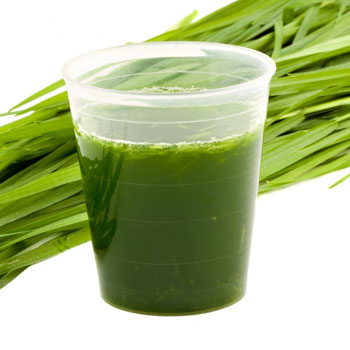The 411 on Detox Diets

The simple word detox evokes images of cleansing away impurities from your body. It conjures up thoughts of healthy individuals with clear skin, white smiles, and a slim physique. Behind the scenes, the detox diets, for some individuals, can be more like a horror film full of fatigue, diarrhea, and potentially death. What is it that makes these detox diets so popular?
Proponents of detox diets believe our bodies need cleansed periodically to rid them from the toxins we ingest or inhale every day from things like pollution, pesticides, artificial sweeteners, cigarette smoke, and alcohol. While this may seem logical, in reality the human body was created with its own filtration and detox system. That’s what our liver, kidneys, and gastrointestinal tract do daily and within hours of consumption, eliminating these toxins via sweat, urine and stools.
Certain aspects of many detox diets do have some health validity, such as increasing water and raw fruit and vegetable consumption. They minimize the amount of chemicals ingested, usually by encouraging consumption of organic foods. Foods that are full of vitamins, nutrients, and antioxidants are emphasized in detox diets. Also, high fiber foods and water are used to draw out and eliminate toxins by increasing bowel movements and urination frequency.The weight that is lost on a detox diet is water weight or muscle not fat weight, which is what most people are trying to lose. An important thing to remember is that these diets are recommended to clean your system of toxins so that you will be healthier, not just a way to lose weight.
Many positive results of detox diets can be explained simply by the change in diet. The reduction of caffeine and alcohol can lead to fewer headaches and eating less food will lessen bloating. Improved hydration can lead to clearer skin. All of these things can be accomplished simply by practicing moderation in what you eat and drink, and without a detox diet.
While healthy people can endure such restrictive diets, other groups should stay away from them. Children, teenagers, pregnant or breastfeeding women, seniors, and people with chronic conditions such as heart disease, anemia, kidney disease, cancer, and diabetes should not put any more strain on their bodies by using the detox diets. The malnutrition that can occur with these diets can cause intestinal as well as cardiac problems.Side effects vary widely, but often one of the first is headaches, due to a withdrawal from caffeine. Other side effects can include excessive diarrhea, which can lead to dehydration and electrolyte loss, constipation, tiredness, irritability, acne, weight loss, and hunger. If used over a long period of time nutrient deficiencies can occur.
Detox diets also use laxatives and enemas to aid in weight loss. The overuse of laxatives can lead to severe dehydration, mineral imbalances, digestive problems, and damage to the heart or colon. A possible side effect of colonic irrigations, also known as enemas, is bowel perforation or infection, both of which can result in death.
While the concept of detoxifying your body sounds appealing there are many things you should consider before going on a detox diet. Detox diets many be a short term way to lose weight, but the return to your normal lifestyle will also bring the return of the weight you lost. Your health status needs to be taken into account before starting a detox diet. Often by making just a few life style changes of your own you can reap many of the benefits of a detox diet without the potential side effects.

